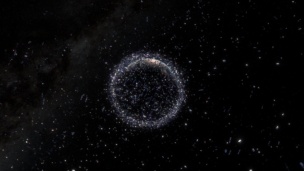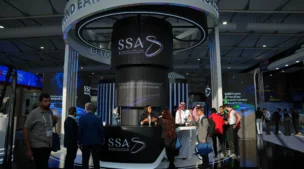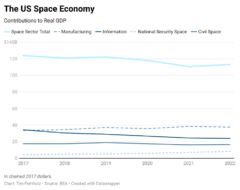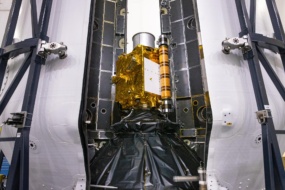The UK government released a plan for space sustainability at the 4th Summit for Space Sustainability in London today. UK Science Minister George Freeman said that the country is angling to make the UK a hub for space investment and drive commercial space sector growth.
“A ‘Wild West’ space race without effective regulation risks a growing crisis of debris in space, adding to the existing threat from 400 redundant satellites and a million pieces of debris,” said Freeman at the summit. “To harness space for sustainability, we need an agreed framework of standards for measuring and managing debris, improving satellite repair and retrieval and kite-marking genuinely sustainable supply chains.”
The plan, Stan: Currently in its initial stages, the sustainability push involves working alongside industry and academia to develop standards for satellite licensing, launches, and the sustainable development of space.
- Active debris removal tech development and in-orbit services are top of mind as the UK explores ways to bolster innovative domestic technologies.
- The government will also invest in implementing UNOOSA guidelines for the long-term sustainability of outer space.
+ While we’re here: Check out Part 1 and Part 2 of our in-depth series on orbital debris and regulation.




